Navigating car insurance can be confusing, especially when deciding between comprehensive and collision coverage. Let’s break down what each type offers, their costs, and what you might really need to protect your ride.
1. Coverage for Non-Collision Damage

Image Credit: Shutterstock / fongbeerredhot
Comprehensive insurance covers damages not caused by a collision. This includes theft, vandalism, natural disasters, and animal strikes. It’s your go-to for non-accident-related incidents.
2. Protection from Natural Disasters
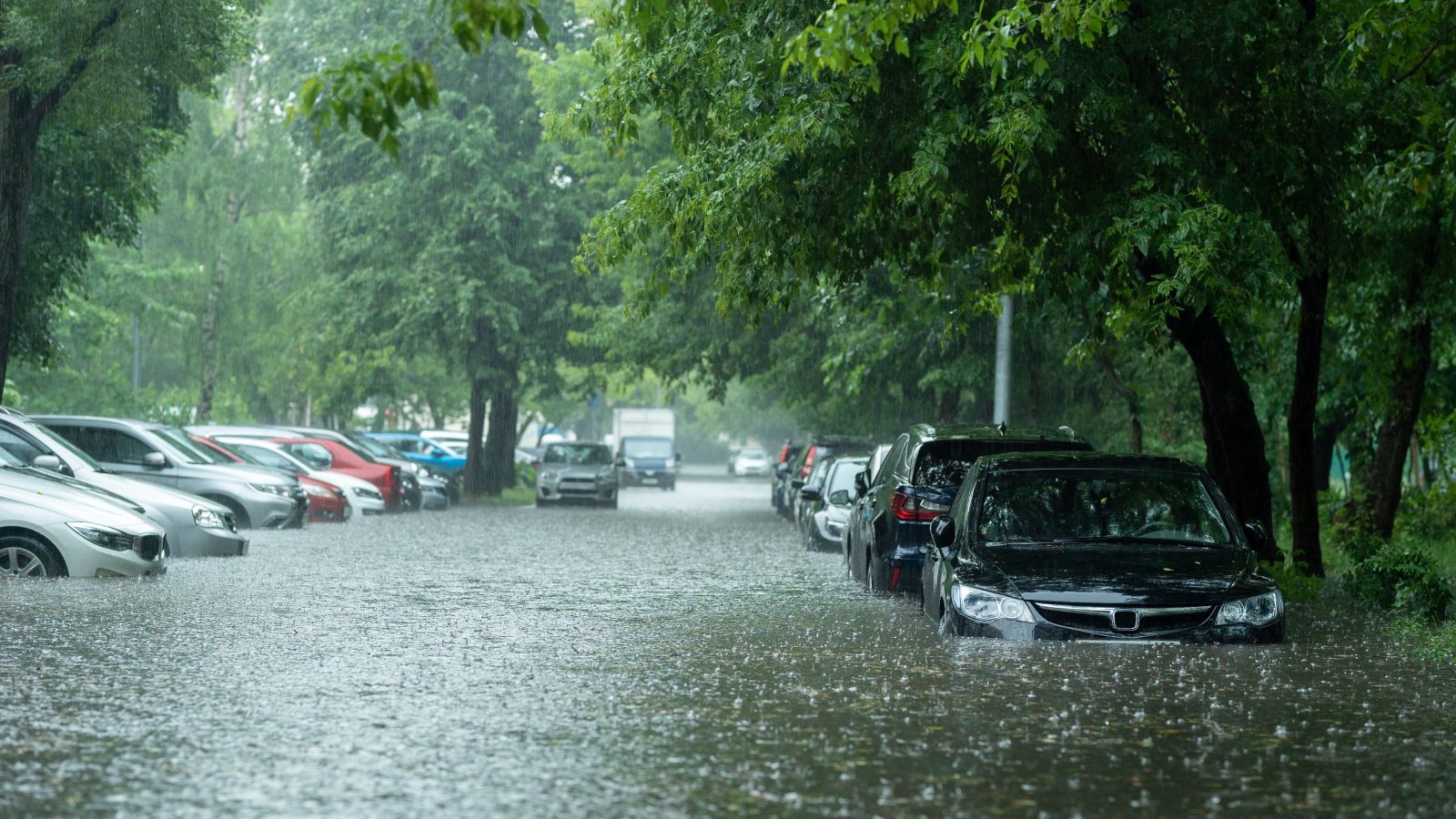
Image Credit: Shutterstock / mkfilm
If your car gets damaged by hail, floods, or earthquakes, comprehensive insurance has you covered. In 2020, natural disasters caused over $74 billion in insured losses in the U.S., highlighting the importance of this coverage.
3. Theft and Vandalism

Image Credit: Shutterstock / Daniel Jedzura
Comprehensive insurance protects you against theft and vandalism. With a vehicle stolen every 40.9 seconds in the U.S., according to the National Insurance Crime Bureau, this coverage is crucial for peace of mind.
4. Animal Collisions

Image Credit: Shutterstock / Nehris
Hitting an animal can cause serious damage to your vehicle. Comprehensive insurance covers these incidents, which is particularly important considering there are about 1.9 million animal-vehicle collisions annually.
5. Glass and Windshield Damage

Image Credit: Shutterstock / MMD Creative
Cracked or shattered windshields and other glass damage are covered under comprehensive insurance. This saves you from costly repairs, which can average $200-$400 for a windshield replacement.
6. Falling Objects and Debris
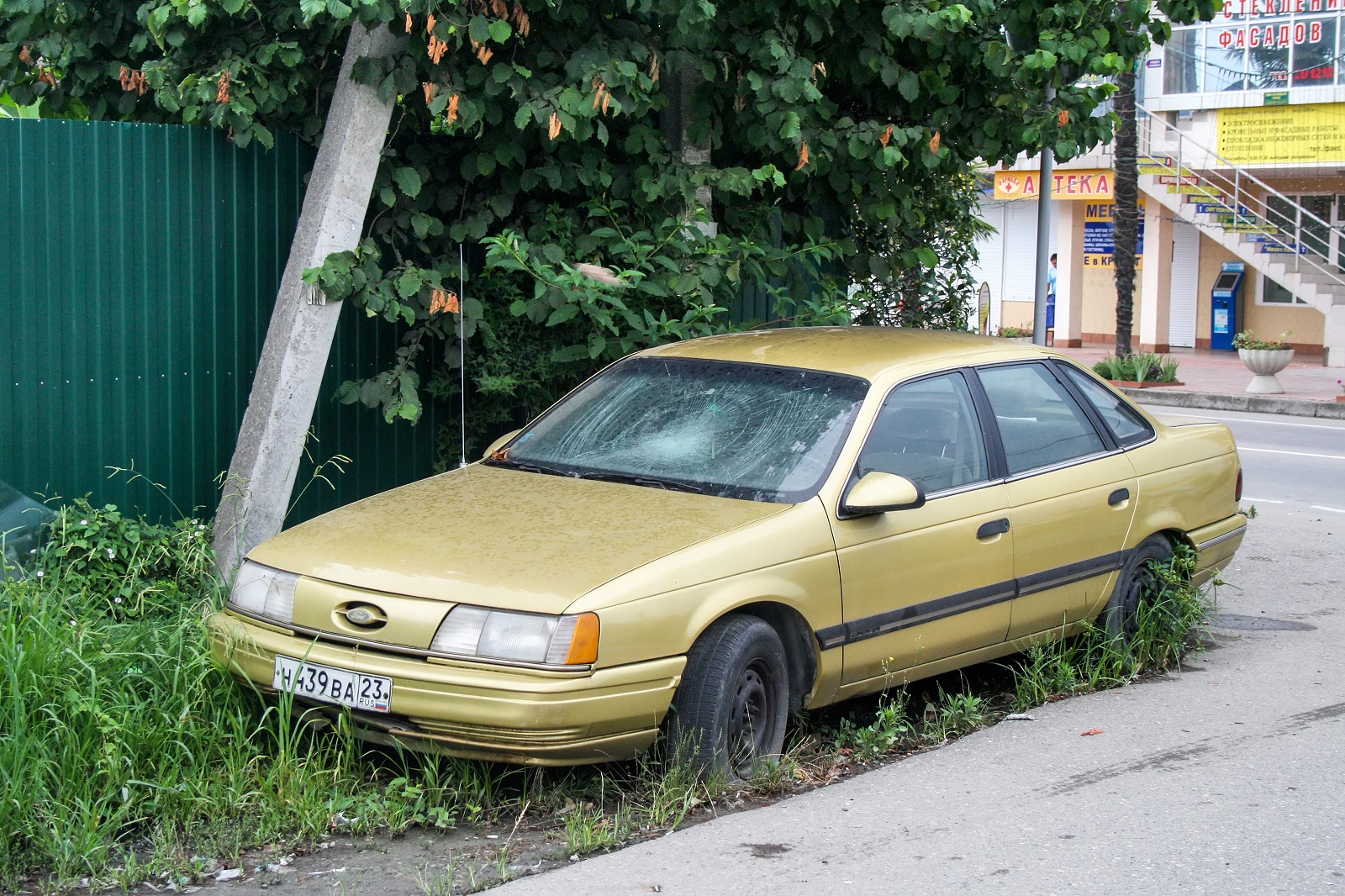
Featured Image Credit: Shutterstock / Art Konovalov
Damage from falling objects, such as tree branches or road debris, is covered by comprehensive insurance. This coverage is essential for protecting your car from unexpected accidents.
7. Affordable Premiums

Image Credit: Shutterstock / Andrey_Popov
Comprehensive insurance premiums are generally affordable. The average cost in the U.S. is around $134 per year, making it a cost-effective option for extensive coverage.
8. Deductible Choices

Image Credit: Shutterstock / jd8
You can choose your deductible for comprehensive insurance, typically ranging from $100 to $1,000. A higher deductible can lower your premium, but it also means more out-of-pocket costs when you file a claim.
9. Complementary to Liability Insurance

Image Credit: Shutterstock / mojo cp
Comprehensive insurance complements your liability coverage by protecting your vehicle. While liability covers damages you cause to others, comprehensive protects your car from non-collision incidents.
10. Coverage for Collision Damage
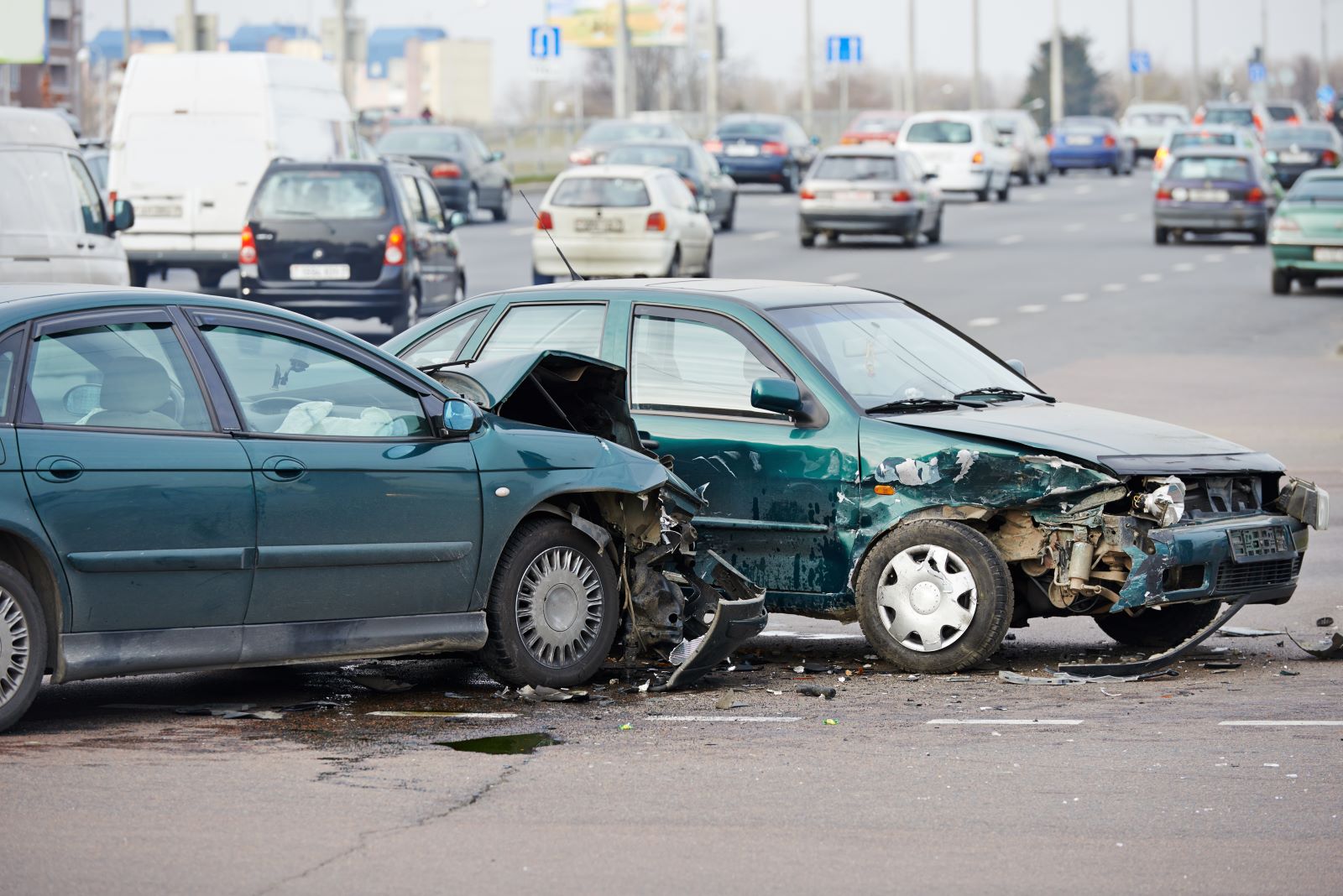
Image Credit: Shutterstock / Dmitry Kalinovsky
Collision insurance covers damage to your car from accidents with other vehicles or objects. This includes crashes with another car, hitting a tree, or any other collision.
11. Accident Repairs

Image Credit: Shutterstock / Drazen Zigic
If you’re at fault in an accident, collision insurance covers the repair costs for your vehicle. With the average repair cost for a car accident around $3,500, this coverage is essential for protecting your finances.
12. Leasing or Financing Requirement

Featured Image Credit: Shutterstock / Nattakorn_Maneerat
If you’re leasing or financing your car, collision insurance is often required by the lender. This ensures the vehicle is protected, securing their investment and your peace of mind.
13. Hit-and-Run Coverage

Image Credit: Shutterstock / Room 76
Collision insurance also covers damage from hit-and-run accidents. Given the increase in hit-and-run incidents, having this coverage can save you from bearing the full cost of repairs.
14. High Deductible Options

Image Credit: Shutterstock / fizkes
Like comprehensive insurance, collision policies offer deductible options. Choosing a higher deductible can reduce your premium but means more out-of-pocket expenses after an accident.
15. Average Premium Costs

Image Credit: Shutterstock / PanuShot
Collision insurance premiums are higher than comprehensive. The average cost in the U.S. is about $290 per year, reflecting the higher risk associated with collision coverage.
16. Total Loss Replacement
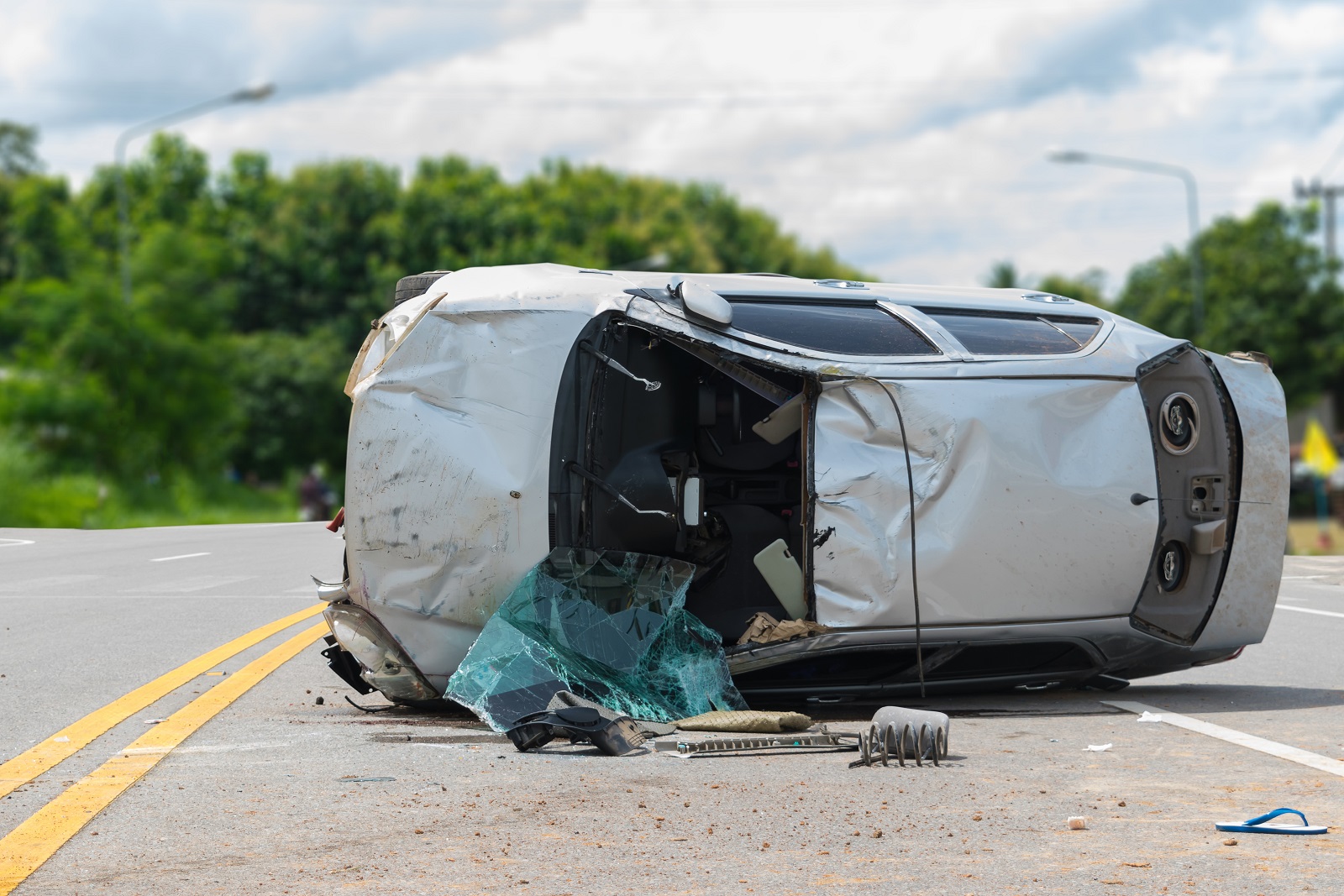
Image Credit: Shutterstock / GUNDAM_Ai
If your car is totaled in an accident, collision insurance can help cover the cost of replacing it. This is critical for recovering financially from a severe accident.
17. Covers Your Car’s Market Value

Image Credit: Shutterstock / Standret
Collision insurance pays for repairs or replacement up to the car’s market value. This ensures you’re compensated fairly, though it’s important to note depreciation affects the payout.
18. Useful for Newer Vehicles

Image Credit: Shutterstock / Jokiewalker
Collision insurance is especially valuable for newer or higher-value vehicles. Protecting your investment from accidents ensures you won’t face massive losses if your car is damaged or totaled.
A Difficult Choice

Image Credit: Shutterstock / Ground Picture
Choosing between comprehensive and collision insurance depends on your needs and circumstances. Comprehensive offers extensive protection for non-collision incidents at an affordable rate, while collision covers accident-related damages and is crucial for newer or financed vehicles. Evaluate your situation and pick the coverage that best safeguards your ride and finances.
2024’s Most Anticipated Car Releases: What’s Coming Soon

Image Credit: Shutterstock / canadianPhotographer56
If you love cars, 2024 is shaping up to be an exciting year. New models are rolling out with more power, better tech, and some fresh designs that could change the game. Here’s the scoop on the top cars hitting the streets soon. 2024’s Most Anticipated Car Releases: What’s Coming Soon
21 Mods That Make Your Car Illegal
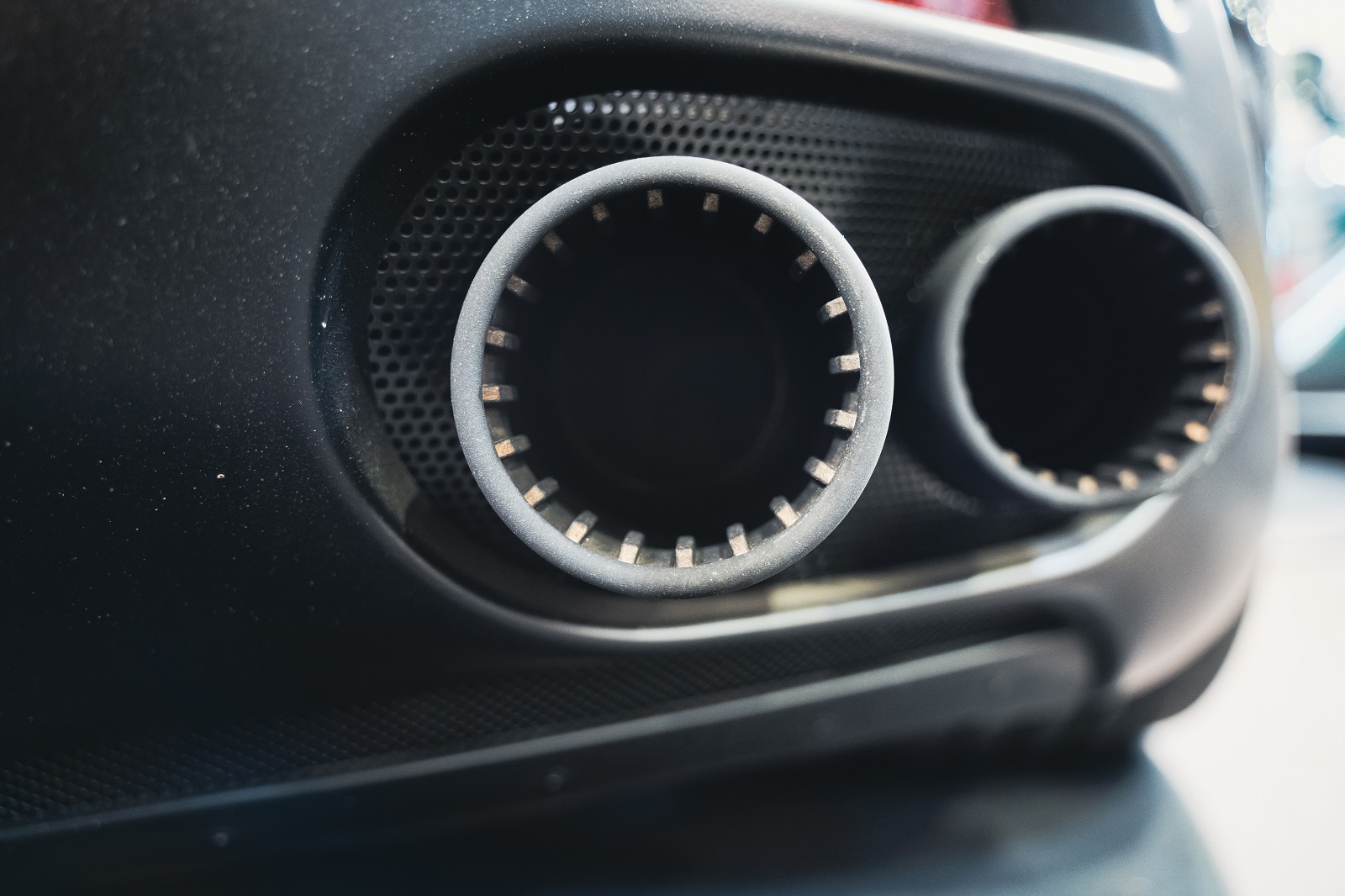
Image Credit: Shutterstock / macondo
Car modifications can enhance style and performance, but not all modifications are legal. Here are 21 illegal car modifications that can get you in trouble with the law across various states. 21 Mods That Make Your Car Illegal
10 American Classic Cars That Define a Generation
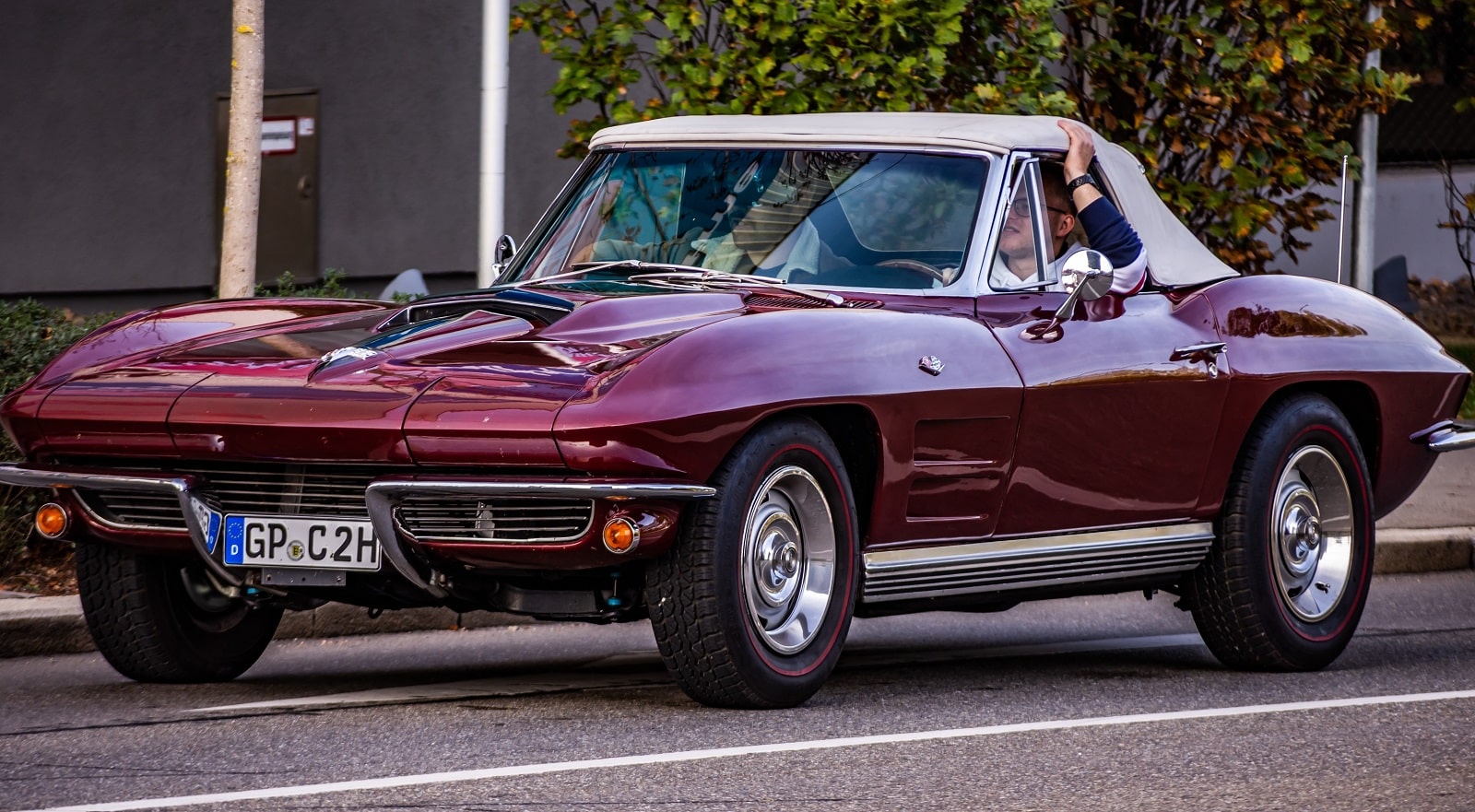
Image Credit: Shutterstock / Krisz12Photo
American classic cars are symbols of their eras, each telling a story of its time and capturing the essence of car culture. Here are ten classics that defined generations. 10 American Classic Cars That Define a Generation
Featured Image Credit: Shutterstock / Indypendenz.
For transparency, this content was partly developed with AI assistance and carefully curated by an experienced editor to be informative and ensure accuracy.



